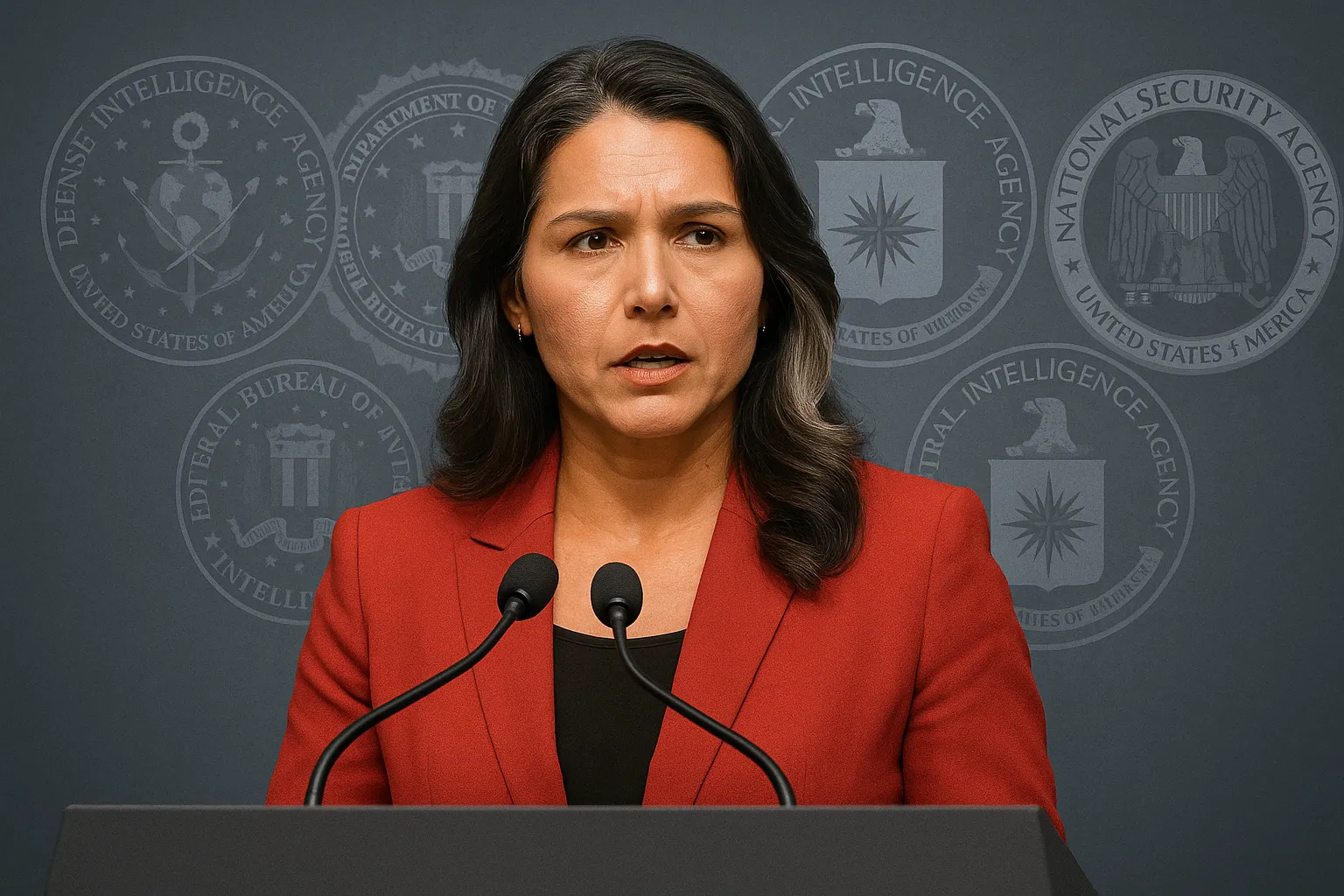Gabbard Orders NSA Recall of Venezuela Report Amid Privacy Concerns

US Director of National Intelligence Tulsi Gabbard sparked controversy Tuesday after directing the National Security Agency to recall a classified intelligence report on Venezuela, despite agency staff confirming its accuracy and compliance with all NSA policies.
The report detailed conversations between Presidential Special Envoy Richard Grenell and Venezuelan leader Nicolás Maduro, whom the US has accused of drug trafficking. Intelligence sources confirmed the report also included NSA-collected information about Grenell’s diplomatic activities.
“Highly Unusual” Move Raises Questions
An unclassified addendum issued in April ordered staff to “recall this report” at Gabbard’s direction, stating the report was “accurate and in accordance with all NSA policy, directives and guidance” but ordering its removal from “all manual and computer files”.
One US official called the move “highly unusual,” noting senior intelligence officials typically defer to individual agencies when recalling reports, especially those involving US persons whose identities are masked. The decision has raised major questions inside the intelligence community about political influence on intelligence assessments.
Privacy Protection Cited as Rationale
A senior intelligence official told CNN the report was withdrawn over concerns about protecting civil liberties and privacy, as it made Grenell’s identity obvious despite focusing on his diplomatic work. The Trump administration has long criticized “unmasking” practices by previous Democratic administrations.
The recall comes amid Gabbard’s broader reorganization of intelligence operations, including the firing of two top National Intelligence Council officials in May after they released assessments that contradicted Trump administration justifications for Venezuelan deportations. Gabbard’s office stated she is working to “end the weaponization and politicization of the Intelligence Community”.
Critics warn the episode could create a “chill” throughout the intelligence community, with one former senior official noting “nobody wants to give the boss what he or she needs to hear if the messenger is going to get shot”.
Categories
Autos and vehicles Beauty and fashion Business and finance Climate Entertainment Food and drink Games Health Hobbies and leisure Jobs and education Law and government Other Politics Science Shopping Sports Technology Travel and transportationRecent Posts
Tags
Archives
08/19/2025 (3) 08/20/2025 (40) 08/21/2025 (27) 08/22/2025 (22) 08/23/2025 (4) 08/24/2025 (21) 08/25/2025 (30) 08/26/2025 (24) 08/27/2025 (29) 08/28/2025 (16) 08/29/2025 (9) 08/30/2025 (13) 08/31/2025 (17) 09/01/2025 (167) 09/02/2025 (124) 09/03/2025 (149) 09/04/2025 (112) 09/05/2025 (72) 09/06/2025 (169) 09/07/2025 (162) 09/08/2025 (150) 09/09/2025 (176) 09/10/2025 (194) 09/11/2025 (194) 09/12/2025 (186) 09/13/2025 (207) 09/14/2025 (159) 09/15/2025 (175) 09/16/2025 (198) 09/17/2025 (196) 09/18/2025 (196) 09/19/2025 (207) 09/20/2025 (129) 09/21/2025 (4)